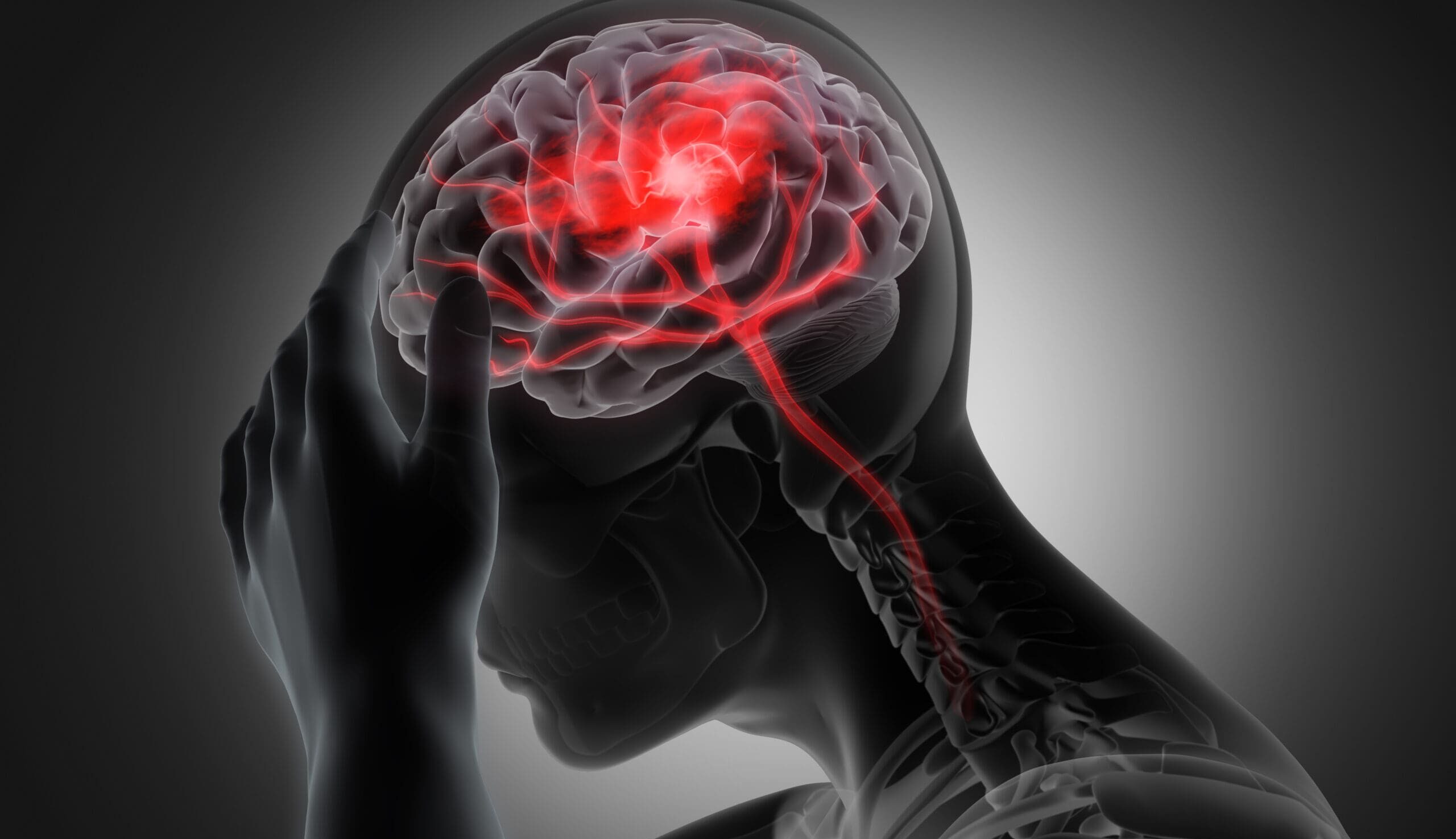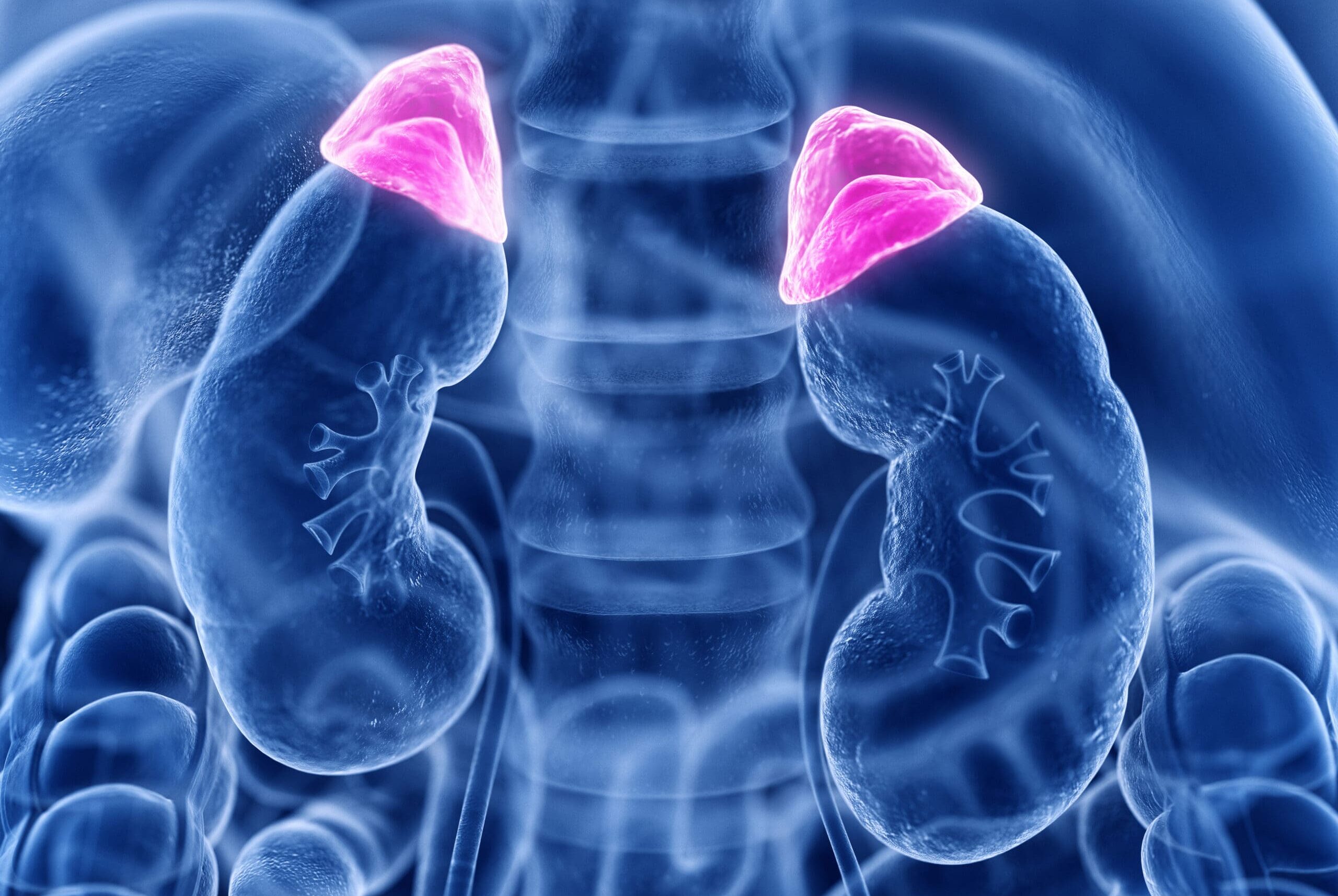by Herbalist Natasha Flynn
Do you know that depression was the number one cause of death in 15 to 24 year olds in Australia in 2010?
I surely didn’t.
We know to teach our children from a young age about skin cancer prevention through wearing sunscreen, but how many of us talk openly with our teenagers about their mental and emotional wellbeing? What advice do we offer them regarding positive ways to deal with any negative or destructive feelings which may arise during their lives?
We should all know how to better understand depression – what it really is, and what are the best ways to help those who may be affected. This understanding is important regardless of whether the person suffering from depression is you or someone you love and care about.
From memory, I think that the saying goes something along the lines of ‘a problem shared is a problem halved’ and I have found that opening up dialogue about how we ‘feel’ to do just that… It lightens the load and helps us to gain support and to be given an enlightening perspective (at times) and help from the many caring souls that we may be lucky enough to have in our lives. This is why depression can be so much more difficult for those who lack support networks and who are isolated, alone and who have to find the strength to face this hurdle on their own.
We should all endeavour to offer a caring smile or a compliment to others in our lives where possible – remember that all of us in our own unique way, may very well be facing our own silent struggle, so always try to be kind to one another.
The beauty of such a simple act as a smile is that it is completely free. We can all make the choice to be kind – it’s something that we all have inside of us and when we choose to share it, it generally comes back to us many times over – it is easy to forget how the little things can make such a difference to other people.
Depression is far more common than most of us realize, yet unfortunately many people suffer in silence. Luckily, there are many effective treatment options available to help ease the symptoms of depression.
The first step is seeking help and for many people, this can be very hard to do.
For many people, it can be hard to admit that they are not feeling their usual happy selves. They may find it difficult to talk about how they are feeling and think that admitting that they have depression is a sign of ‘weakness’.
According to the Black Dog Institute, One in five (20%) Australians aged 16-85 experience a mental illness in any year. The most common mental illnesses are depressive, anxiety and substance use disorder. Almost half (45%) Australians will experience a mental illness in their lifetime [1] and accordingly to statistics obtained in 2010, Suicide is the leading cause of death for young people aged 15-24 [2].
Herbs such as St John’s Wort may inhibit serotonin, dopamine and noradrenaline reuptake, These brain chemicals (neurotransmitters) are linked to anxiety and depression.
St John’s wort is commonly used for mild depression.
Recent clinical trials have found that St John’s wort was superior to placebo, or as effective as standard antidepressants (e.g. Prozac, Tofranil and Zoloft). St John’s wort should be avoided by those taking prescription antidepressants, such as SSRI’s (Selective serotonin reuptake inhibitors).
It is also important to ensure adequate intake of protein in the diet, as protein contains amino-acids such as tyrosine, which is a building block for the production of the neurotransmitter dopamine, epinephrine and norephinephrine. Some studies suggest that tyrosine supplements may help improve memory and performance under psychological stress. Many vegetarians and vegans may not obtain enough protein in their diets, so a protein supplement may be helpful.
Dopamine deficiency can cause depression, mental fatigue and tendency to comfort eat amongst other symptoms.
Tyrosine can be taken in a powder form and is also found in milk, cheese, chicken, fish, almonds, bananas, sesame seeds and avocados. Tyrosine cannot be taken by those taking a particular class of anti-depressants knows as MAOI’s (Monoamine oxidase inhibitors) without first checking with their Doctor, as it can cause an increase in blood pressure in people taking this class of medication.
Eat plenty of healthy fats, our brain tissue is composed of around 60% fat and we need good quality fats such as omega 3 essential fatty acids, oily fish and cold pressed olive oil, coconut oil, avocados, eggs and nuts in our diet, in order for our brain to function properly. The brain is actually the fattiest organ in the human body. If your diet is deficient in healthy fats, it is definitely not helpful for your brain function. Some people find that taking cholesterol lowering medications has an impact on memory and decreases cognitive function, which is not surprising. Cholesterol is a vital component for formation of all body tissues and has a very important role to play in insulating of nervous system (like the insulation seen on electrical wires) and repairing this insulation, also known as the myelin sheath. Proper brain and nervous system function requires cholesterol.
Avoid hydrogenated vegetable oils, also known as trans-fats. These laboratory oils that are banned in two European countries are readily available in many pre-packaged foods lining our supermarket shelves to help increase their shelf life and because they are cheap to use in manufacturing. If you research the negative effects of these oils, you will soon learn that despite the highly effective marketing of these oils from food manufacturers convincing the public that they are healthy, they should be avoided like the plague.
The mineral Magnesium stabilises the electrical activity in nervous and muscular tissues where it exerts a relaxant effect. It may benefit those who suffer from high stress levels, poor sleep, anxiety, panic attacks and muscular cramps or spasms. High stress levels and a carbohydrate rich diet will increase our need for magnesium and contribute to deficiency of this important mineral.
Important tips for depression and anxiety sufferers
- Eat a diet composed of plenty of raw vegetables – To provide health giving antioxidants that protect our cells from damage. Include raw vegetable juices which are well absorbed and easily assimilated.
- Avoid consuming too many sugars and grains – these contribute to inflammation and high carbohydrate intake is associated with fatty liver and type 2 diabetes.
- Eat good quality protein regularly to obtain amino acids for production of neurotransmitters and to control cravings for carbohydrate rich foods.
- Make sure you include good quality fats in your diet regularly and avoid trans-fats found in pre-packaged, fried and processed foods.
- Include magnesium rich foods in your diet, these include green leafy vegetables, nuts, pumpkin and sunflower seeds or take good quality magnesium supplements if you suffer from high stress levels. Be aware that many magnesium supplements contain magnesium oxide which is poorly absorbed and has a laxative effect. The best absorbed forms of magnesium are – magnesium orotate, diglycinate, ascorbate, amino acid chelate, phosphate, citrate and aspartate.
- Remember that you are not alone and that there are people going through the same challenges and a support network out there when you need it. Talk to your Doctor who can refer you to a psychologist. This is covered under Medicare in most cases.
- Meditate, take a yoga class or take a walk. Calm your mind and focus as much as possible on the positives that are all around you. If you look for them, they are there… although at times we find it hard to see them and focus too much on the negatives which are all around us (And again, if you go looking for them – the negatives can be very easy to find and focus on!)
It is important to speak to a qualified practitioner or GP who can determine the best way to help someone who is suffering with depression. Talking in itself is also an important part of therapy.
My own struggle
I started writing this article by researching statistics and giving some of my pearls of wisdom on nutritional and herbal therapies that have been studied extensively for their benefits in depression and anxiety. In fact, I found the statistics surrounding the percentage of people suffering from depression quite astounding.
Then after clicking the ‘save’ button, to be perfectly honest, I really felt that my article lacked soul and although it touched on some important points, it really didn’t convey what I felt that I wanted to say on the topic. It was merely educational and I have more to offer than just education, I have experience.
You see the thing is… I have more understanding of the subject than I was conveying in this article and yet somehow felt that this was something to keep hidden from the world, but the fact of the matter is that I suffer from depression.
Many of us do from time to time, but I somehow feel that by admitting it openly to the people I see day in and day out, that it makes me somewhat of a failure!
I’m a herbalist… I’m not meant to suffer with any kind of human affliction! (I’m kidding, but at times I do feel that succumbing to conditions that I know how to prevent or treat, is akin to being a complete failure, when in fact… It just means that I am not perfect and I am not bulletproof. I am human!!!)
Depression in varying forms is something that has plagued my family and is deeply rooted in our genetic code and it seems that I didn’t manage to go unscathed. Genes don’t discriminate, nor does life, we all have stress which at times affects all of us.
It can be debilitating, it fluctuates and at times it can make it difficult to face the outside world, but it is something that not many people would know about me. Luckily, it is something that only has the occasional flare up and I attribute this to having a reasonable understanding of the subject and the things that can help.
I’m generally bubbly (well at least, I think so…) I’m optimistic, I’m relatively successful in my chosen career path and I have a wonderful supportive family and deal with the normal challenges that most parents face when raising teenage children. Most people would think it ridiculous that I could have moments of such overwhelming and debilitating self doubt that it is almost crippling, but I do. I think many of us experience similar stories and I hope by sharing mine that it will help somebody. Helping people is what I do, so this is why I felt the need to share a snapshot of my story with you.
Many of us who suffer from the ‘black dog’ may mask it very well and it is rarely the topic of dinner conversation or something spoken about openly.
If you empower yourself with a knowledge of preventative strategies to help reduce your suffering these may be able to help you cope when the going gets tough or to minimize the severity of your symptoms.
This article is not intended as medical advice. Always consult your doctor. Vitamin supplements should not replace a balanced diet.
References
Australian Bureau of Statistics (2009). National Survey of Mental Health and Wellbeing: Summary of Results, 4326.0, 2007. ABS: Canberra.
Australian Bureau of Statistics (2012). ABS 3303.0 Causes of Death, Australia, 2010. ABS: Canberra.
http://articles.mercola.com/sites/articles/archive/2009/01/22/fascinating-facts-you-never-knew-about-the-human-brain.aspx
http://ods.od.nih.gov/factsheets/Magnesium-HealthProfessional/








Thank you for sharing your story. I can read “you’re not alone,” or “many people suffer with x”, and I’ve read them so many times that I gloss over them and they have no real meaning. But when I read a personal story, such as yours, it slows me down, and it has an actual impact–where, even if just for a few minutes, I actually DON’T feel alone.
So, again, thank you, and I wish you well in your journey/s.